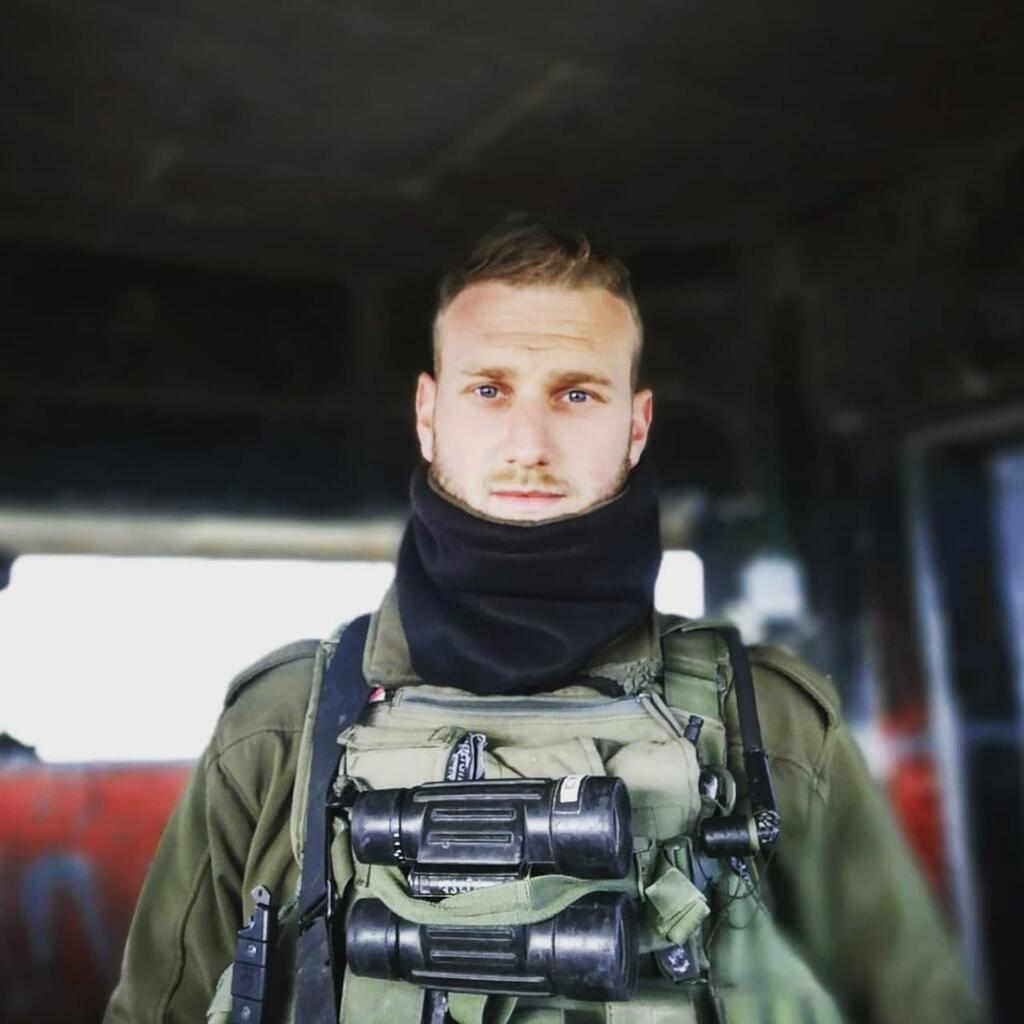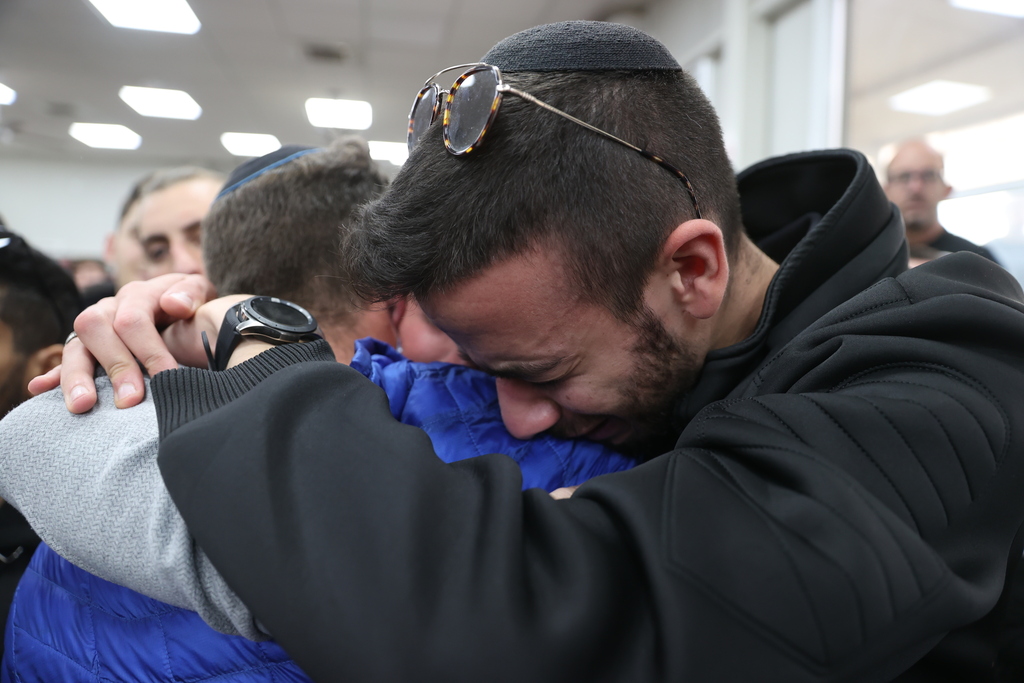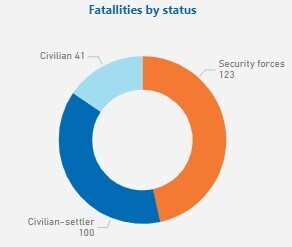Getting your Trinity Audio player ready...
A United Nations' humanitarian body appears to discriminate between Israeli victims of terror attacks by categorizing them as regular civilians and "settlers," records show.
The distinctions made by the UN Office for the Coordination of Humanitarian Affairs (OCHA) caught the attention of Israeli officials after the organization categorized victim of a recent terror attack in Jerusalem, Eliyahu David Kay - who was fatally shot by a Hamas gunman - as a settler.
Kay, who before his death made Aliyah to Israel, lived in Modi'in, a central Israel and not a settlement.
The UN agency presents the number of Israelis and Palestinians who were killed or injured as part of the conflict since 2008. According to their website, as of 2008, some 264 Israeli civilians were killed in the conflict.
Of that number, 100 victims were defined as settlers, 41 as civilians, and 123 as security forces personnel. The OCHA also sorts casualties by region, age, and gender.
Over the weekend, the Permanent Representative of Israel to the UN Gilad Erdan sent a harsh letter to the Secretary-General of the UN Antonio Manuel de Oliveira Guterres, and demanded the issue to be taken care of immediately, with the data on the website corrected.
"In a delusional and totally contrary to accepted norms of the international humanitarian law, the UN website distinguishes between the so-called 'Israeli settlers' and 'Israeli civilians', in reference to the casualties of the conflict," wrote Erdan in the letter.
"Such distinction between seemingly different types of civilian casualties is a complete violation of international law's norms and any moral norms. As you probably know, there is no distinction according to the law between any types of civilians - neither by their place of residence or ideological beliefs. Furthermore, the site is not only wrong in understanding the international law, but it also disrupts facts."
4 View gallery


Permanent Representative of Israel to the UN Gilad Menashe Erdan
(Photo: Mark Israel Salem)
The Israeli representative also said, "the distinction between types of Israeli casualties not only raises doubts about the commitment of the UN to the principles accepted by international law but also raises the troubling question of whether the UN and its agencies consider the cold-blooded murder of certain types of Israeli civilians as a justified act?"




